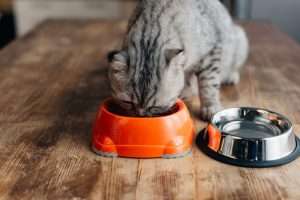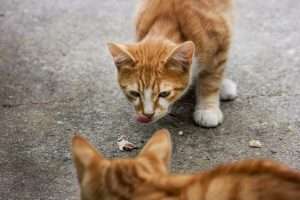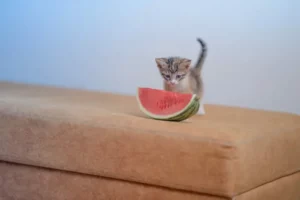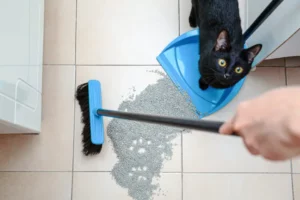Table of Contents
Can Cats Eat Ice Cream? Is Ice Cream Safe for Cats?
What is the relationship between cats and dairy?
Milk is typically used in the production of ice cream, as you are almost definitely aware.
We’ve learned that cats enjoy nothing more than settling down and lapping up a saucer of milk on the floor throughout literature and popular culture history. On this logic, ice cream should be beneficial to cats, shouldn’t it?
No, not in the traditional sense. The notion that cats enjoy dairy products is based on a stereotype. When it comes to kittens, the only milk that should be consumed is that produced by their mother. Adult cats are frequently lactose intolerant as well, which means that unless you truly enjoy cleaning up after a sloppy episode of diarrhea, it’s better to avoid giving your cat milk ice cream. Dairy can also cause other gastrointestinal problems in cats, such as constipation.
Is It bad for cats to eat ice cream?
In cats, ice cream can cause brain freeze
Because the brain lacks pain receptors, the pain signal could be coming from the meninges, the brain’s protective covering. The neural system of a cat is similar to that of a person, albeit on a smaller scale.
While a brain freeze will not kill your cat, it will cause her discomfort.
Cats despise being in the cold
Lactose intolerance affects cats
You might give her the tiniest amount of ice cream and watch to see if she reacts negatively. Your cat will lose the ability to digest milk once she no longer has a real need for it. The lactose that hasn’t been digested will only give her Hershey squirts on a good day. It will curdle up with all the other acids in her body on a bad day, causing her extreme agony.
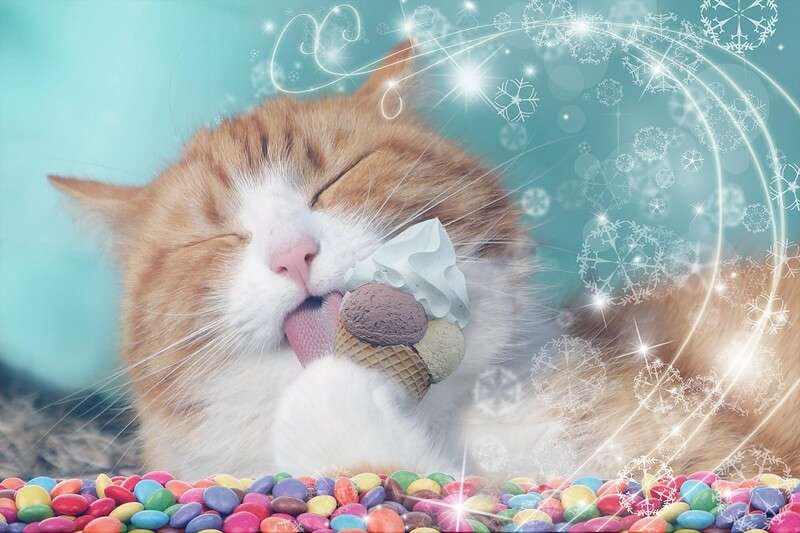
When a cat consumes ice cream, what happens?
Does ice cream kill cats?
If you offer your cat anything that contains milk ingredients without bearing this in mind, it may be difficult for him to digest. If your cat like ice cream, you can use goat’s milk instead of cow’s milk and make ice cream at home using an ice cream maker.
Is vanilla ice cream safe for cats to eat?
Artificially sweetened vanilla ice cream is also safe for cats to consume in small quantities. On the other hand, your cat will not be enticed by a tasty treat with a sweet flavor. Realistically, because felines do not have any taste receptors for sweet flavors, they will not like the sweet-tasting ice cream.
Is chocolate ice cream safe for cats to eat?
Furthermore, if your cat suffers from lactose intolerance, keep ice cream away from her at all times. The lactose found in dairy products can be difficult to digest for certain cats, just as it is for humans.
In cats, a deadly dose of one to two hundred milligrams per kilogram of body weight of theobromine is lethal. Because an ounce of cocoa powder can contain 800 milligrams of theobromine, it’s easy to see how even a small amount of chocolate frozen ice cream could be toxic to cats.
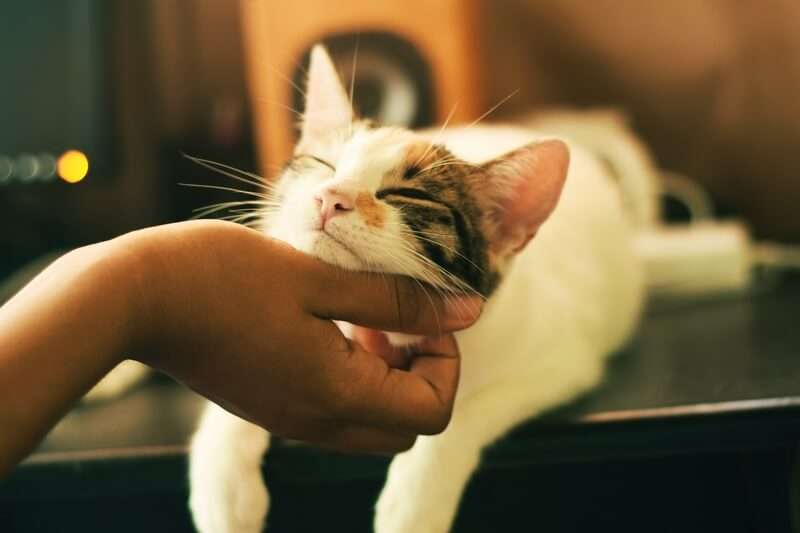
FAQs
The Verdict
If you ever give your cat ice cream, do so in small amounts. Also, double-check the ingredients to ensure you’re not serving something with a gourmet flavor that contains other foods that cats may be allergic to. Stick to modest tastes now and then, and keep an eye on your cat for any adverse effects.
You may check if your cat can eat Honey as well.





